Gary, our Managing Director, has been looking into how we can ensure our buildings are as energy efficient as they can be. A smart meter or smart thermostat indicates the cost of heating and hot water but we’re aiming to lower the average cost of our energy and heating bills in addition to monitoring spend across our facilities.
The Rising Cost of Heating
We all know the cost of heating has been spiralling out of control, we’re being given advice to save energy by fitting draught excluders and save by turning your thermostat down even by a degree or two. With winter fast approaching, any ideas on how to spend less while also keeping both domestic and commercial properties warm could prove really helpful.
Draught proofing, seeking out a competitive energy price, fitting prepayment meters, remembering to bleed your radiators, and regularly comparing energy suppliers to lessen the cost of gas and electricity bills are all great ideas for how to heat your home in an efficient and cost effective way, but what about commercial and industrial buildings?

Internal Debate on Heating Efficiency
However, I wasn’t expecting this to cause some lively debate among a few of our team when I asked for their thoughts on maximising heating efficiency in all areas of our head office, which includes both office and warehouse spaces.
Perhaps unsurprisingly, given what we do, the conversation quickly got around to doors, with some saying it was better to keep them shut, while others said we could actually save money leaving them open!
The Case for Closed Doors
Now let’s be clear, just in case you think I’ve lost the plot here. We are only talking about internal doors. No one is suggesting leaving external doors open to save on heating costs. Making sure they stay closed is definitely the best policy, and a solid, well-built door that has good weather seals and a robust door closing device, will help a lot with that. There is the obvious product plug out of the way!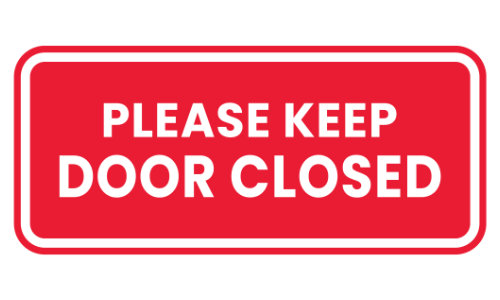
HVAC Systems and Airflow
On internal doors in commercial premises such as ours, I decided to do a little digging and there is actually some evidence to support leaving internal doors open. However, this seems to only apply to what are known as HVAC (heating, ventilation, and air conditioning) systems. The thinking, and I’m keeping this as short and as simple as possible, is that doors get in the way of airflow and airflow helps HVAC units work more efficiently.
A study by the University of Reading characterising the performance of 36 HVAC&R systems notes that they “account for more than 60% of the energy consumption of buildings in the UK”. This demonstrates the importance of the performance of these systems and the air they manage.
General Advice on Door Usage
According to the Energy Saving Trust however, in general, it’s much better to close internal doors especially if you have some rooms that you don't heat, or just maintain a low temperature in. Radiators, panels, and panel convection heaters work by hot air rising and circling around and back down again. Keeping doors closed keeps this current of air in the space to prevent wasting energy, and stops cold air from getting in.
Operational Tips for Facility Managers
With flexible working, some office spaces may be seldom used, or storerooms accessed only once or twice a day, so keep these doors shut to keep heat in the most-used areas of the facilities you are managing. Some fire doors should always be kept closed or locked, but some fire-rated doors are deliberately held open with electromagnetic closers so we’re not suggesting closing every open door you see. Security, access, and fire safety always need to be considered.
As part of your usual maintenance routines, check that insulation is in place and in good condition, have HVAC units regularly serviced, and as we’ve mentioned, check the setting of thermostats and consider having them on a time to maximise heating based on building occupancy.
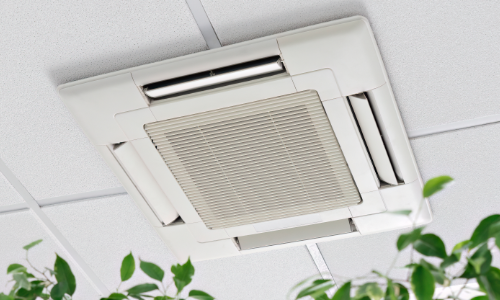
Conclusion
So, does closing doors keep heat in and costs down? There is your answer - it depends. You can control your heating by controlling your doors, but the advice would be to mostly keep internal doors closed and only heat the rooms that need it. Hopefully that should keep our team happy, knowing they were all kind of right, and keeping energy bills and our carbon footprint down by controlling warmed air and central heating.
For all your door-closing and other door hardware needs, from people with plenty of know-how, visit our website today.






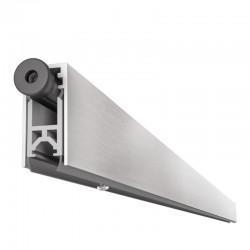
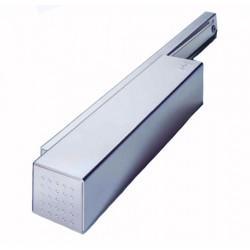
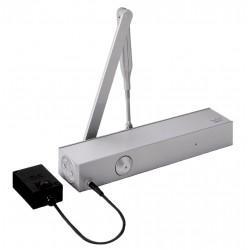




Comments